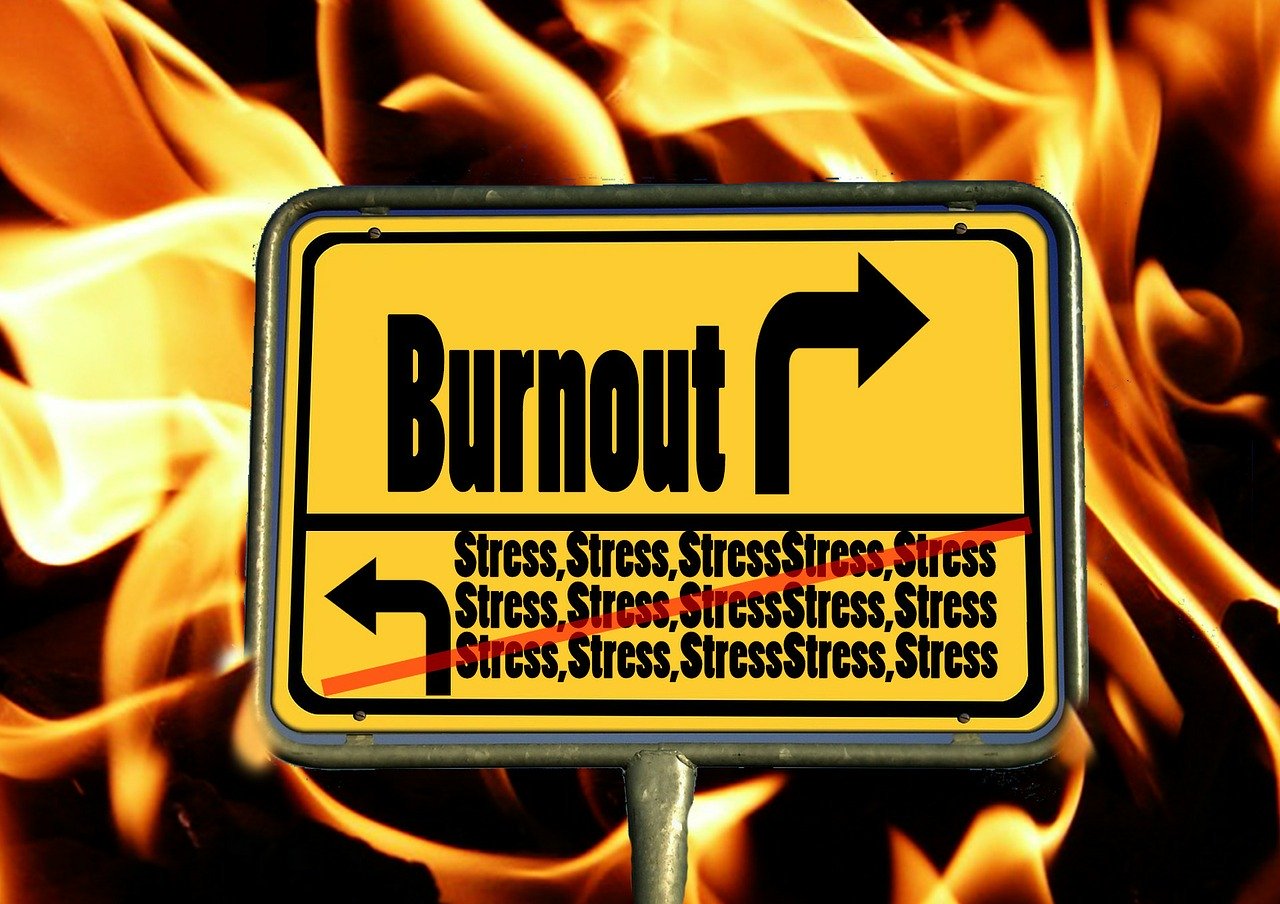Trauma is a specific type of stress that reflects exposure to terrible events generally outside the range of daily human experience that are emotionally painful, intense, and distressing. According to the Diagnostic and Statistical Manual of Mental Disorders, 5th edition2, there are specific criteria for what qualifies as a traumatic event:
“Exposure to actual or threatened death, serious injury, or sexual violence in one (or more) of the following ways:
• Directly experiencing the traumatic event
• Witnessing, in person, the traumatic event
• Learning that the traumatic event occurred to a close family member or close friend. In cases of actual or threatened death of a family member or friend, the event must have been violent or accidental
• Experiencing repeated or extreme exposure to aversive details of the traumatic event (e.g., first responders collecting human remains; police officers repeatedly exposed to details of child abuse)” (pg. 271)2.
The reason for this narrow definition of trauma, and its distinction from stress more generally, is in part because traumatic events can result in particularly problematic trauma responses that are unique from general stress responses. In addition to that initial stress response in the body discussed earlier, long term psychological consequences are seen in many individuals that are exposed to traumas. A psychiatric condition commonly associated with trauma exposure is posttraumatic stress disorder (PTSD.

